READY TO GET STARTED?
REQUEST A FREE ESTIMATE
Fill out the form below or call (888) 466-7849 for a free, no-obligation estimate.
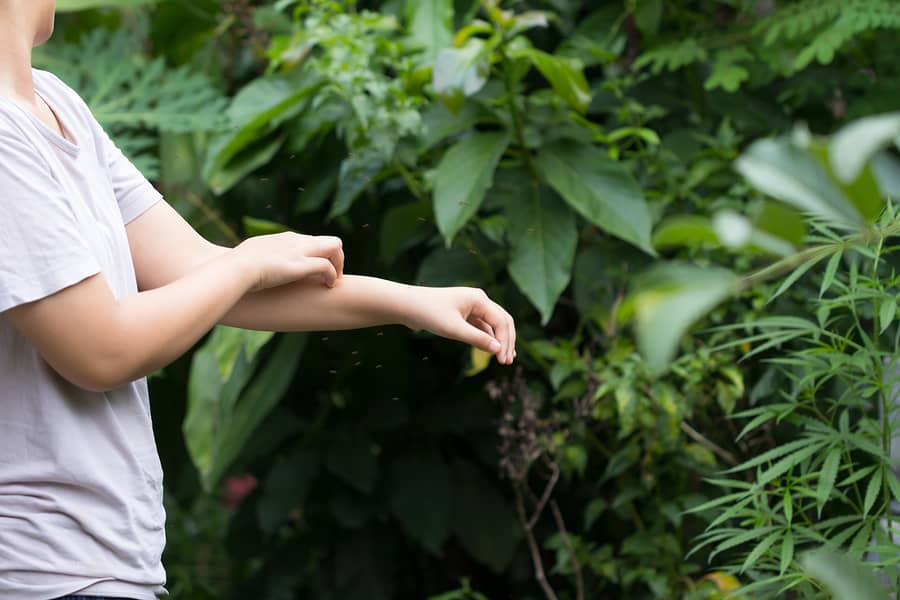
As the weather continues to pull you and your family towards more outdoor activities, the chances of getting bug bites increases. Here are some tips to prevent these bites and stings, and get back to enjoying your summer:
Treating bug bites and stings can put a damper on any outdoor activity. If you have issues with biting/stinging pests, call (866) 616-0862 or request a free pest inspection from your local pest control company.
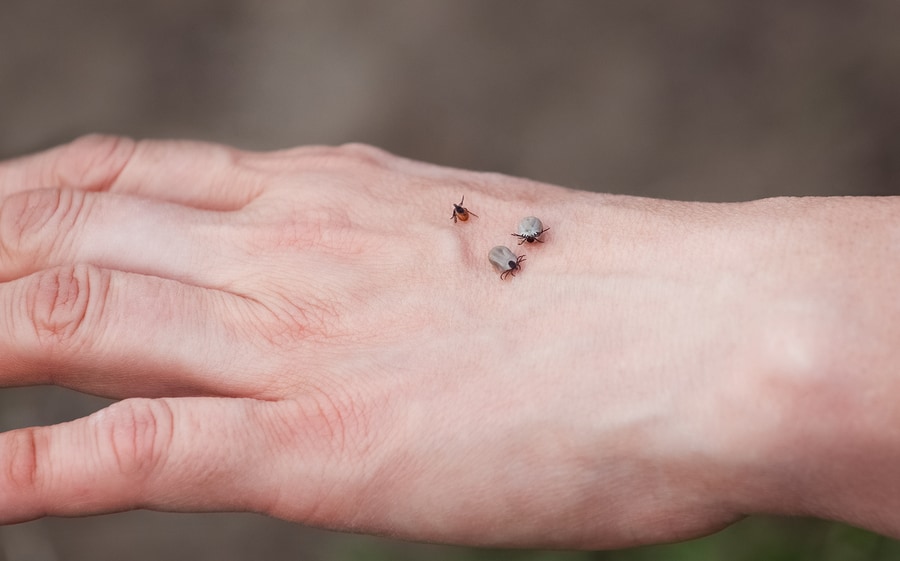
Nothing puts a stop to outdoor summer fun faster than an encounter with a tick or flea. A bite from either is irritating and sometimes painful, but they can also cause a host of issues down the road.
Bites from fleas are typically small, red bumps with a small halo that normally appear in a sequence of three to four. While pet owners are at a bigger risk of dealing with flea infestations, wandering wild animals or strays in your neighborhood can bring fleas in your yard causing a headache.
For humans, flea bites are very irritating, and the itch can lead to increased scratching. The excessive scratching can break the skin and cause secondary infections from bacteria. For your furry family members, flea bites can lead to severe dermatitis from a flea allergy, possible transmission of tapeworms, or anemia.
These bites can go away on their own; the use of calamine lotion can help with the itch. The best practice however is flea prevention. Fleas thrive in lawns with tall grass, so keeping lawns cut low and maintained will help with flea infestations. Also, regularly bathe and treat pets with preventative treatments year-round.
Ticks, like fleas, rely on tall grass to have access to hosts. They will position themselves at the very top of a blade of grass. Once a host brushes past, they will have the opportunity to bite and attach. Deer ticks, which are very common here in the South, fortunately do not always carry disease, and if they do, they would need to feed for up to 48 hours before a disease can be transmitted. This is why inspection of yourself and your family members after spending time outdoors is essential. Removal within 24 hours reduces your chances of being exposed to tick-borne illness, like Lyme disease.
When removing a tick, it is very important to remain calm. Pull back any hair from around where the tick is located. Find the head, and using tweezers, grasp the tick as close to the skin as possible. DO NOT grasp the body of the tick as this can squeeze the tick’s blood into the skin. Once you have a firm grasp on the head, pull in a straight motion, outward. Be sure to not twist when you pull as this can cause a tear, leaving the head to stay attached to the skin. Clean where the bite occurred and immediately flush the tick down the toilet or wrap tightly in tissue/paper towel and place in a trash can with a lid.
If you are going to be out in heavily wooded areas where the grass is unkept, wear long pants or high, light colored socks. Make sure to remove woodpiles from around your home as this makes a great hiding place for ticks. Using an insect repellant with DEET when outdoors is another great preventative measureto take against a possible tick encounter.
If you are having issues with fleas or ticks, contact your local pest control company or schedule a free inspection now.

With the last day of school, graduation ceremonies, and Memorial Day quickly approaching, you’re probably feeling the pressure to get your outdoor area ready for all the festivities. Not only are you concerned about the look of your lawn and impressing your guests, but you also need to know which pests to avoid and, if possible, prevent from ruining your celebration. Here’s your party pest avoidance checklist:
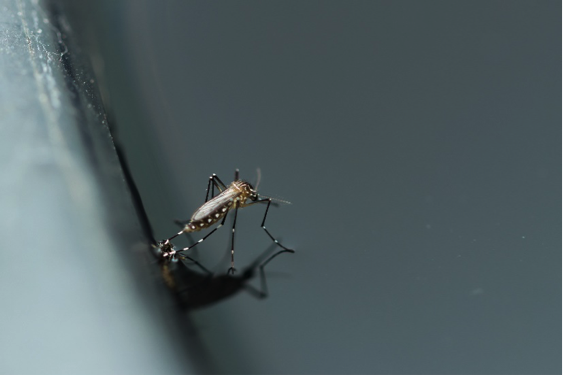
We’d like to be completely rid of mosquitoes forever, but that would be a difficult task! Let’s look at what you can do to reduce their occurrence in and around your home:
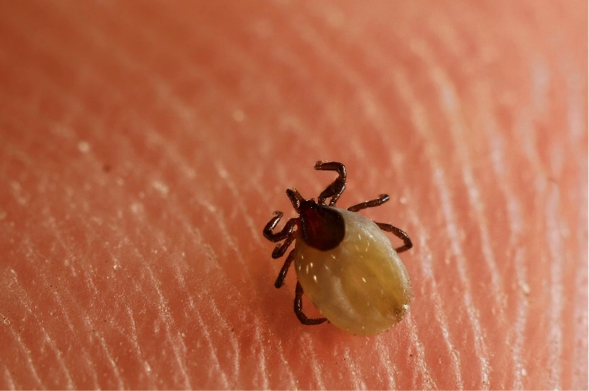
We understand the concern that ticks can breed. Take a look at these tips to prevent one of these pests attaching to you:
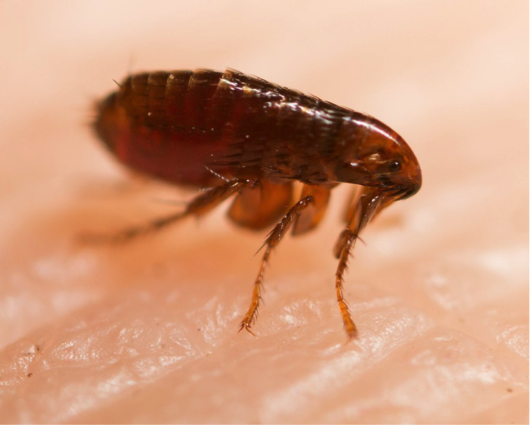
Fleas are typically a nuisance for our furry friends, though they can still cause issues for you too. Here are a few suggestions to keep your home and pets flea-free:
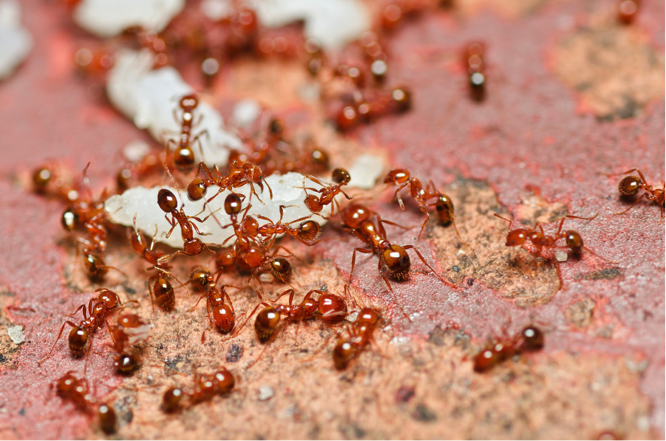
Like mosquitoes, fire ants can be an unwanted fixture on your lawn during the warmer months. They leave painful bites and can be an issue for pets and humans alike. To prevent fire ants from ruining your summer fun, try these tips:

Summer brings hot temperatures and high humidity. It also brings some of the most annoying pests – fleas and ticks. These parasites can cause significant health issues for your pets including Lyme disease, anaplasmosis, and ehrlichiosis. Fleas and ticks are practically impossible to keep at bay and can take weeks to months to get under control. What can you do to protect your pets from these parasites? Check out these 8 tips to prevent fleas and ticks from taking over your pets and your home.
If you suspect a flea or tick problem, call a professional pest control company who can come and thoroughly inspect your home and yard and provide you with a comprehensive treatment and prevention plan.